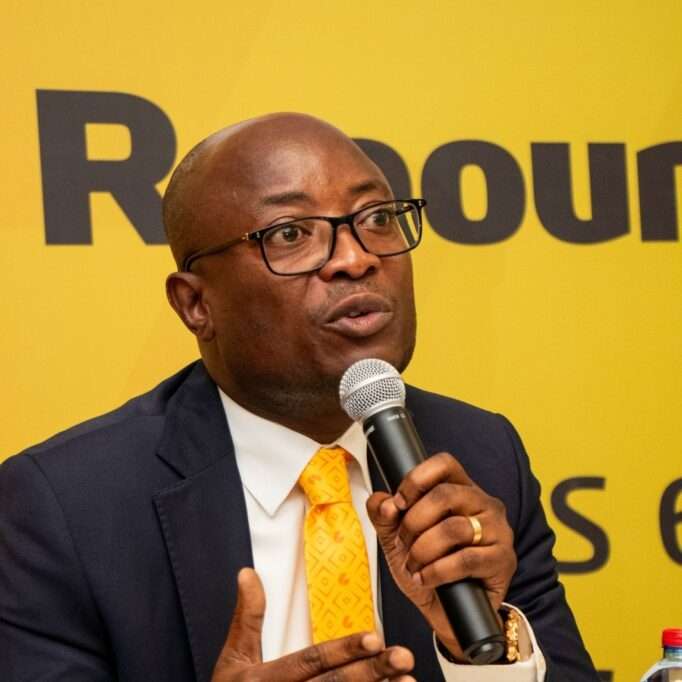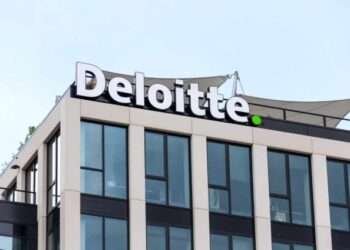If you’ve been following events in Ghana’s banking sector, you might have heard about ‘recapitalization.’ But what exactly does this mean, and why does it matter?
Recapitalization is the process of injecting new funds or restructuring existing finances to strengthen a bank’s financial position. It’s like giving a bank a financial boost to ensure it remains stable and can continue its operations smoothly.
For some banks, meeting recapitalization requirements can be tough. They might face challenges due to economic downturns, bad loans, or regulatory changes that increase capital requirements. When banks struggle to meet these requirements, it can put them at risk of failing or going under as in the case of Ghana’s banking crisis between 2017 and 2020.
The Bank of Ghana Monetary Policy Committee Press Release on March 25, 2024, stated, “The banking sector remains stable, despite the elevated credit risks.”
“Out of a total of 23 Banks, more than half are fully capitalized and have no need for recapitalization. Most of the outstanding banks have met more than two-thirds of the required recapitalization over a three-year period within one year as at the end of 2023.”
Bank of Ghana
To overcome these challenges, banks can get creative with how they recapitalize. Instead of just asking for a bailout from the government, they can try different approaches.
For example, they might sell off assets that aren’t crucial or aren’t doing well to bring in quick cash. Banks can also look for new investors or existing shareholders willing to invest fresh money by offering them a stake in the bank.
Collaborating with other financial institutions to share costs and resources is another option. Furthermore, banks can use technology to cut costs and work more efficiently, freeing up money for recapitalization.
Shareholder-Led Recapitalization
CalBank seems to prefer the second option as it turned to its shareholders to raise GH¢600 million to help recapitalize the financial institution.
The bank launched its renounceable rights issue expected to end on April 26, 2024. It is issuing 1.8 billion shares for 29 pesewas per share.
The bank’s chairman, Joe Mensah, announced during the launch event that the funds raised from the offer would be used to support the bank’s growth plans and ensure lasting benefits for its shareholders.
Mensah explained that the bank is currently facing challenges due to the domestic debt exchange program, which is why they are seeking additional funds.
He reassured stakeholders that despite these challenges, the bank will stay resilient and continue to hold its prominent position as one of Ghana’s leading banks.
“We are hoping our existing shareholders will exercise their rights and the message I am getting is that most of our shareholders are excited and ready to do it. Some individual shareholders have expressed concern due to the domestic debt exchange program, but we are determined to ensure that CAL Bank remains a Ghanaian bank.”
Joe Mensah, Chairman of CalBank
He added, “I mentioned that there are two issues here which are the domestic debt exchange program and some loan impairment, so we are working around it to support the bank.”
Additionally, Acting Managing Director, Carl Selasi Asem, said the bank will explore various opportunities in the financial sector to improve its operations.

“We strongly believe it is high time the bank does financial intermediation with its customers. Our five-year strategy is to look beyond just government securities and explore other avenues,” he said.
“We are doing a business that is relevant to our customers at the retail end, as well as SMEs and corporate level. So we are not too keen on developing into a government security type of banking”, he added.
CalBank’s bold maneuvers exemplify not just a bid for stability, but a resolute stride towards sustained growth and prosperity.
READ ALSO: Ghana-Italy Boosts Bilateral Cooperation





















